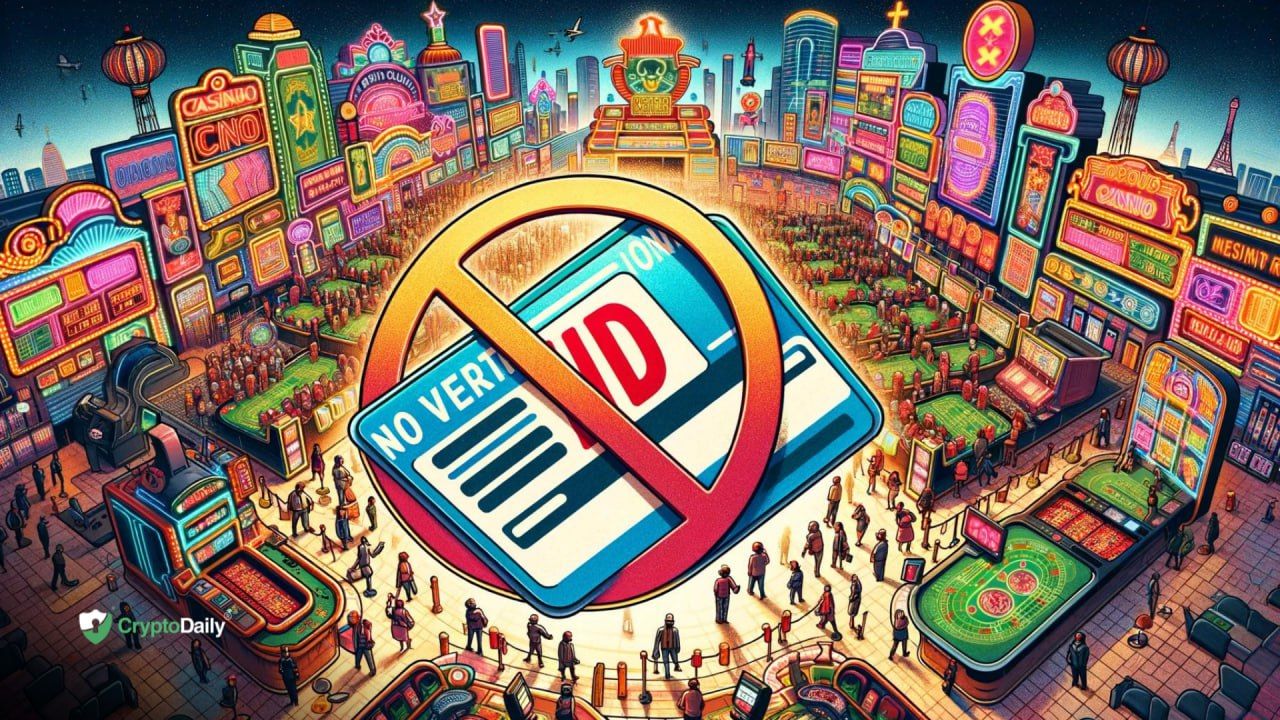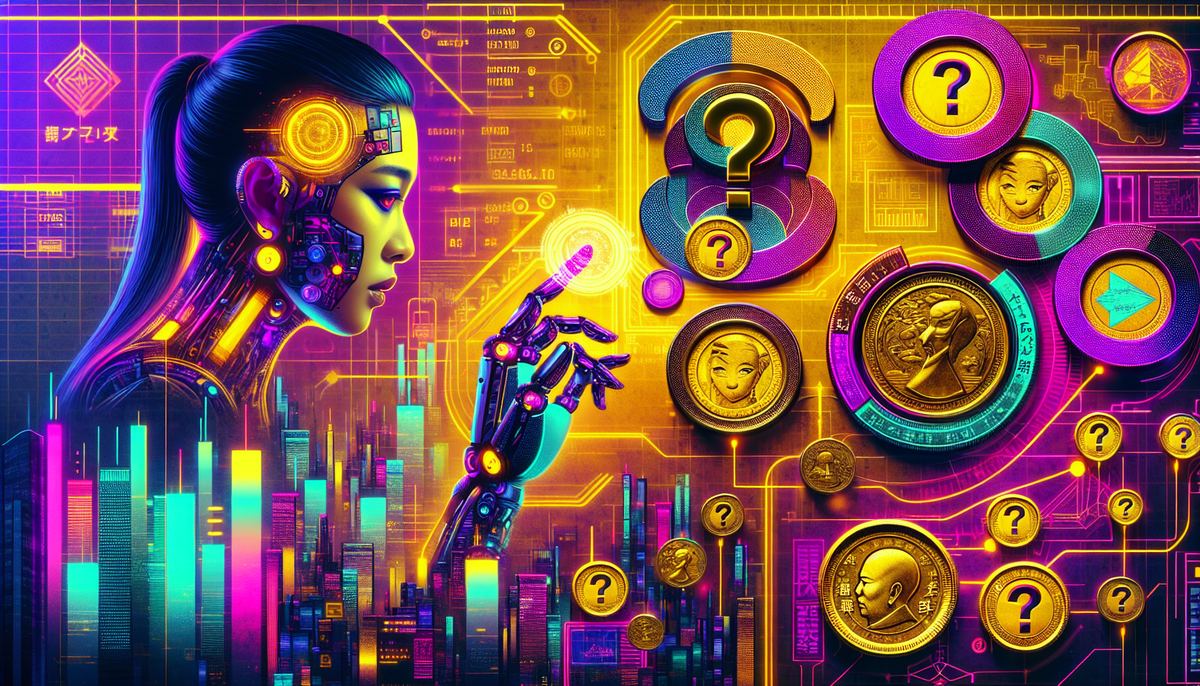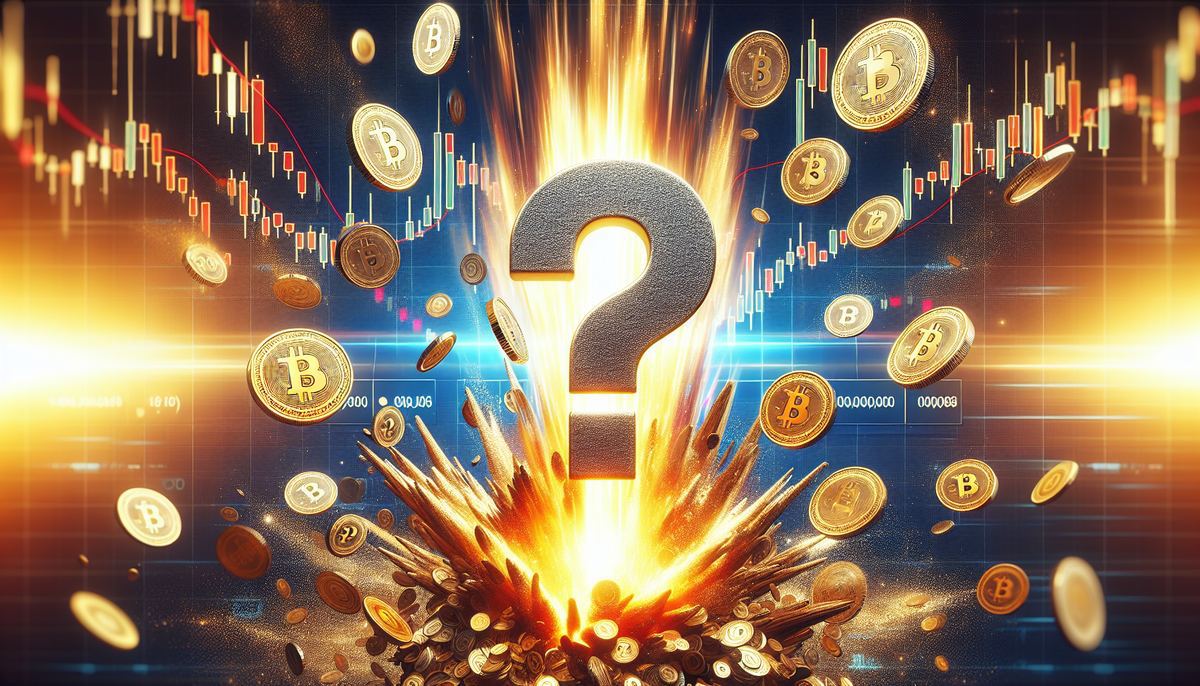Table of Contents
Digital gaming is by no means new, as the gaming sector was one of the first to fully exploit the potential of the internet and the web. Naturally, gambling is also part of this niche and today there are hundreds of platforms that allow enthusiasts from all over the world to bet online, whatever type of betting they prefer: slot machines, poker tables, Roulette and even live streaming rooms are now easily accessible by signing up to an online casino.
The advent of web 3.0 and the decentralized network, however, are still mostly unexplored concepts, which however in recent years are acquiring more and more consensus and importance: the success of cryptocurrencies has opened a new universe of possibilities and also the world of gambling seems to be directly affected.
For this reason, we decided to delve deeper into the topic and explain what changes are already underway and what elements or factors could revolutionize the online gambling sector in the short and medium term.
What is the Metaverse?
Before getting into the heart of the discussion, i.e., the close relationship between gambling as it is known today and the Metaverse, let's try to understand what the latter is and what it really offers to users who access it.
Briefly, the Metaverse can be defined as a fully 3D virtual world accessed through cutting-edge technological tools. Among these there are VR (virtual reality) helmets, suits and gloves equipped with sensors capable of replicating in the digital world the 5 senses with which we are all equipped and various other devices, still in the development phase, which in the space of a few years will allow to "transfer" its presence to the web, allowing a virtual experience as similar as possible to the real one.
The Metaverse is destined to completely change reality as we know it: the working environment, interpersonal relationships, and any type of experience (even the possibility of visiting online clothing stores and trying on "on site" the items of interest) will be transferred into virtual reality and will make the connection between human beings extremely simple and immediate even though they are physically located at opposite poles of the globe.
What does this mean for some of the most popular gambling sites on the Internet? Quickly said. Online casinos are now frequented by billions of enthusiasts, but every bet is placed on traditional portals and web platforms. The Metaverse will allow you to build virtual gaming rooms that can be accessed "physically" through your avatars, therefore traditional land-based casinos can be completely replicated through augmented reality, offering an even more immersive, complete and accessible gaming experience everywhere we are there.
Until a few years ago, the stories about virtual reality described in films such as The Matrix by the Wachowsky brothers or Ready Player One by Spielberg seemed completely the result of fantasy, a vision extremely distant from everyday life and almost impossible to achieve. The advent of gaming in the Metaverse has, however, brought about a real revolution in the digital world and today it is already possible to physically access completely virtual realities that allow you to move online thanks to your avatars or alter egos, i.e. 3D representations of users who access Metaverse VR games.
This, of course, leaves room for unimaginable developments from which the gambling sector will certainly benefit beyond words. Imagine finding yourself in the living room of your home and, thanks to a VR helmet, being able to enter a 3D virtual casino structured on the basis of real venues in Las Vegas, Macao or Monte Carlo: all this can happen easily and thanks to a simple internet connection.
Today game shows and live casinos allow you to participate in live streaming gaming sessions, conducted by real croupiers and attended by hundreds of players who connect from all over the world: well, gaming in the Metaverse will take this experience to an even higher level. superior, allowing users to "enter" the gaming rooms thanks to their avatars and sit "virtually" at the classic green tables.
The rules of the most loved games, such as poker, blackjack, roulette, and baccarat will remain the same, but it will be possible to participate in the gaming sessions firsthand, which will make the gaming experience extremely more immersive and exciting to say the least!
Today it is already possible to access platforms such as Decentraland which organize gambling-related events and allow users to play in 3D rooms. There are also real spaces dedicated to the casino, built specifically in the Metaverse: among the top Metaverse games there is, for example, ICE Poker, a 3D casino which in the first 3 months of 2022 has already recorded earnings exceeding 7 million dollars.
These, of course, are just the first steps that gambling is taking into the Metaverse, but speculation about the future of 3D gambling is already out of control. It won't be too long before this sector will offer incredible new opportunities for income and fun.
The Impact of the Metaverse on Online Gambling
Gambling has already surpassed the classic 2D screens, offering products such as live streaming gaming rooms and sophisticated technologies that allow the online experience to be effectively merged with the typical features of live gaming. The Metaverse, therefore, seems to present itself only as a space that is the natural consequence of an evolution already underway.
Already today it is possible to connect at any time to your trusted portal, access the gaming rooms that offer card games or roulette games active 24 hours a day, 7 days a week, all without leaving your home or taking advantage of a moment's break, anywhere we are there.
The possibility of visiting online casinos via one's own avatar therefore presents itself as a progressive idea which, almost, is not surprising, but rather is eagerly awaited by the vast majority of big gambling enthusiasts. Going from clicking the commands on the screen to activating them "physically" through your virtual alter ego is certainly an experience that goes well beyond the current recreational possibilities and which, as you can well imagine, piques the curiosity and enthusiasm of users.
The technologies to make these experiences possible, as anticipated, are already in production and the development teams are developing increasingly advanced supports capable of replicating typically human sensations (such as touch, hearing, sight) as faithfully as possible: not it will therefore be necessary to use a mouse, joypad or any other controller since the human body itself will give the inputs necessary to move in the Metaverse.
It is expected, specifically for the world of gambling, that the largest and most renowned land-based gaming halls will be faithfully replicated. It is not excluded that virtual worlds dedicated exclusively to the world of gambling could be created, 3D Las Vegas accessible to anyone and permanently active.
Regulatory Challenges
The revolution promised by the Metaverse naturally poses challenges not only at a technological level, but also at a legal and regulatory level. First of all, in virtual reality it must be considered that only cryptocurrencies, fungible and non-fungible tokens are used, elements which have not yet found a real place within international legislation.
This is, obviously, a first obstacle for the mass adoption of cryptocurrencies and, consequently, for widespread accessibility to existing (or future) services within the Metaverse. For years, the idea has already been in the air that it won't take long before Nations decide to draw up ad hoc regulations for virtual currencies, which to date have only been recognized unofficially and through secondary channels: for example, they have been included in European regulations which combat anti-money laundering, but their adoption and recognition as legal tender and alternative currencies to current currencies is an objective that still requires some time.
In addition to the legalization of cryptocurrencies, we must also consider the need to design suitable contracts that can guarantee NFT transactions, which are essential for the gaming industry and, therefore, also for gambling.
The digital gaming sector has increased its potential enormously in recent years and video games adapt perfectly to the ongoing technological evolution: online casinos have already offered many options for users all over the world, first of all the possibility of betting online real money and make winnings. The intrinsic property of NFTs (non-fungible tokens, one of a kind) is that of guaranteeing the ownership of the digital object they represent, thus allowing online purchases to be monetized in secondary markets and real investment operations to be implemented.
The regulation of NFTs therefore represents the focal point of access to this new type of gambling, combining betting with the certainty that winnings in money or any other marketable object are indisputably linked to the legitimate owner.
It will still take some time to develop models of contracts, transactions and regulations that allow NFTs to be used legally: the digital gaming revolution, however, is already at work and it is not excluded that within a few years it will be possible to exploit the incredible new potential of digital gambling in complete safety.
Disclaimer: This article is provided for informational purposes only. It is not offered or intended to be used as legal, tax, investment, financial, or other advice.
Investment Disclaimer















